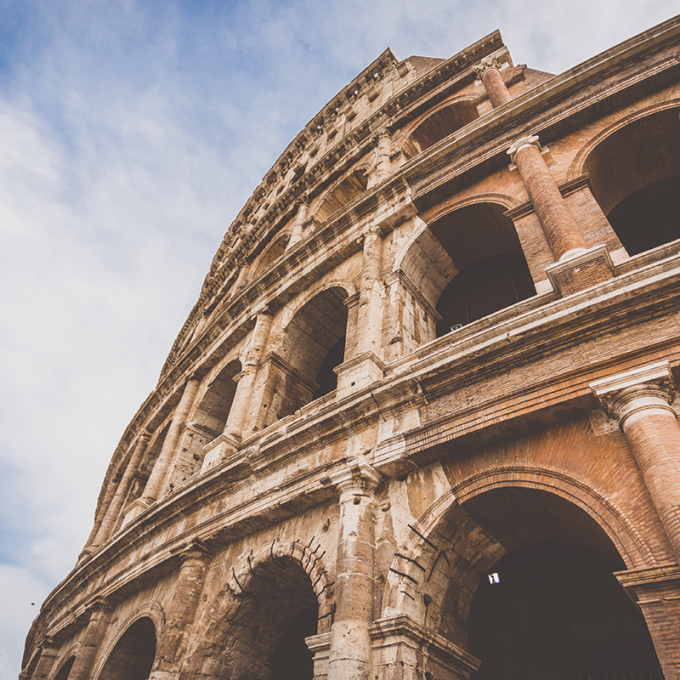Luis Alejandro Salas' research and teaching interests lie primarily in Greek and Roman medicine, philosophy, and intellectual history.
Salas's work focuses on the ways in which philosophical ideas and polemic influence their medical counterparts from the Hellenistic period through the second century CE, especially in the work of Galen of Pergamum (129-216 CE). Luis also maintains an interest in Aristotelian psychology and Philosophy of Language. Luis took his PhD in Classics and an MA in Philosophy from the University of Texas at Austin, in the Joint Program in Ancient Philosophy. Professionally, he is committed to promoting the importance of medical history and the history of philosophy to contemporary medicine and the humanities. He is the associate editor of APEIRON, an international journal for the history of science and philosophy.
Salas is the author of Cutting Words: Polemical Dimensions of Galen's Anatomical Experiments (Leiden: Brill, 2020). In it, he offers a new account of Galen’s medical experiments in the context of the high intellectual culture of second-century Rome. The book explores how Galen’s written experiments operate alongside their live counterparts. It argues that Galen’s experimental writing reperforms the licensing functions of his live demonstrations, acting as a surrogate for their performance and in some cases an improvement upon it.
Salas has also published various articles on the history of Greek and Roman medicine.
He is currently working on an article about prehension as an underlying taxonomical principle in the comparative anatomical claims of Greco-Roman anatomists.



